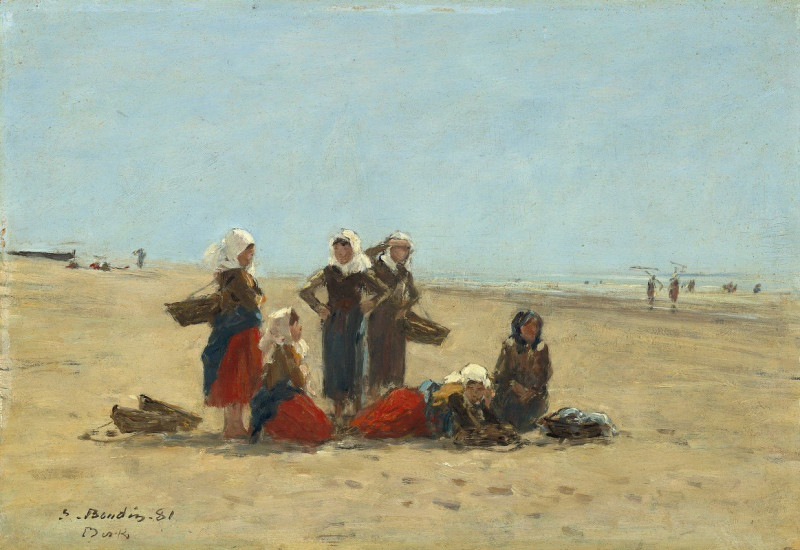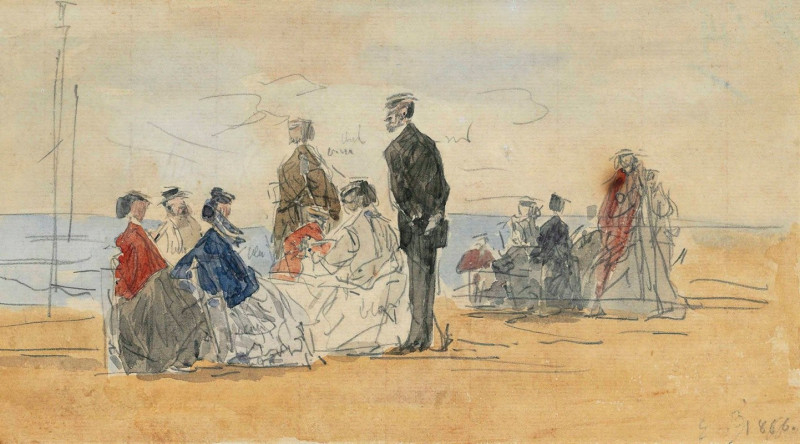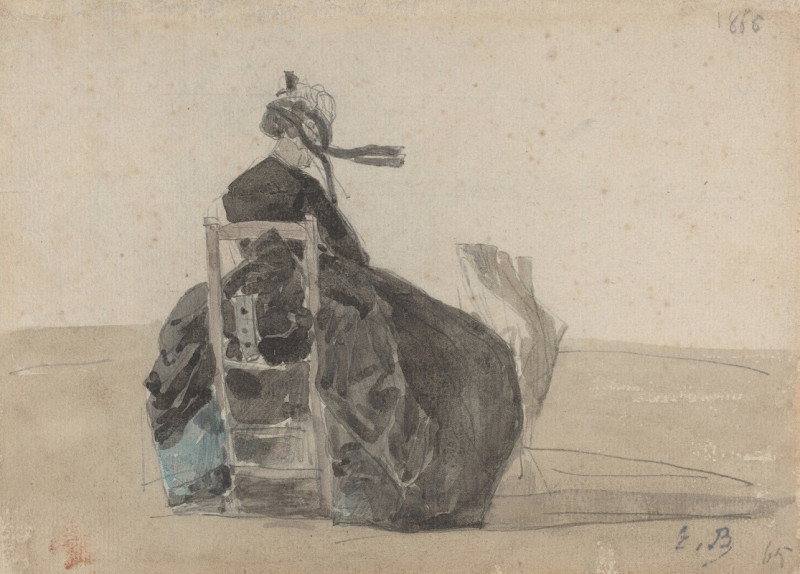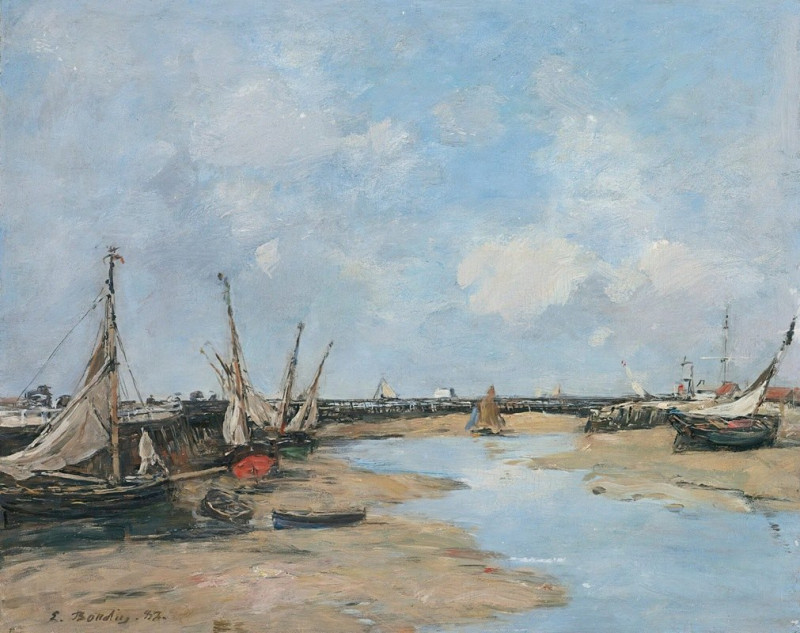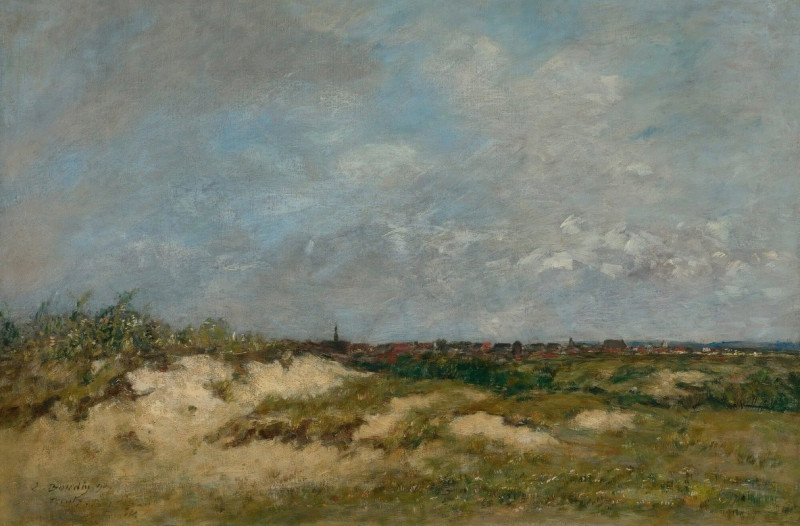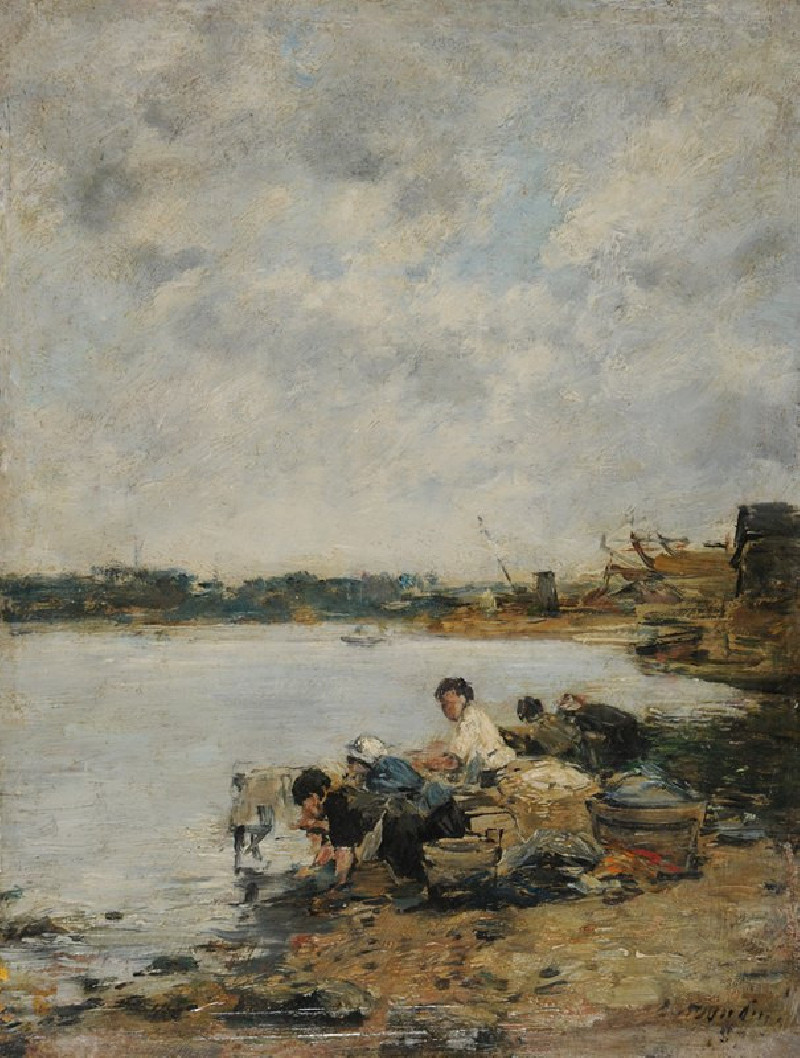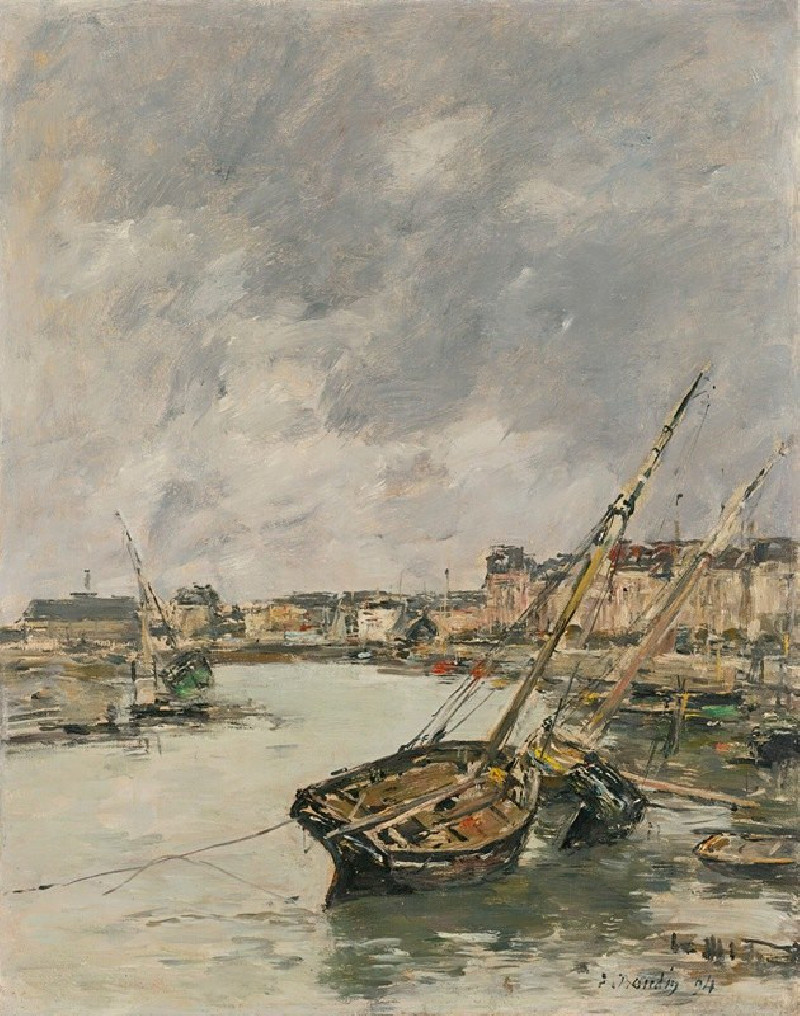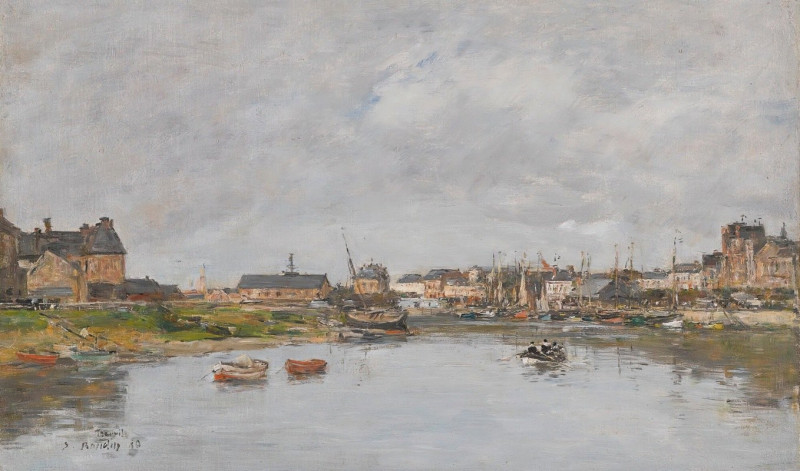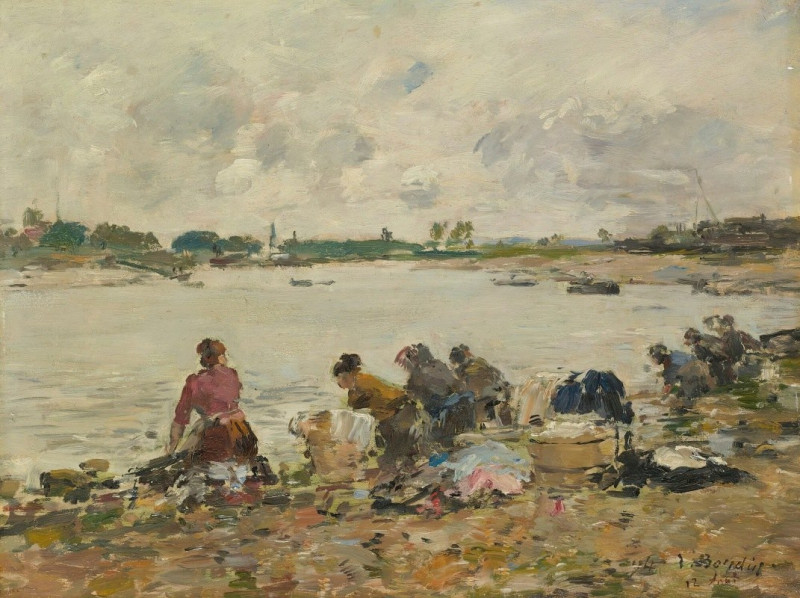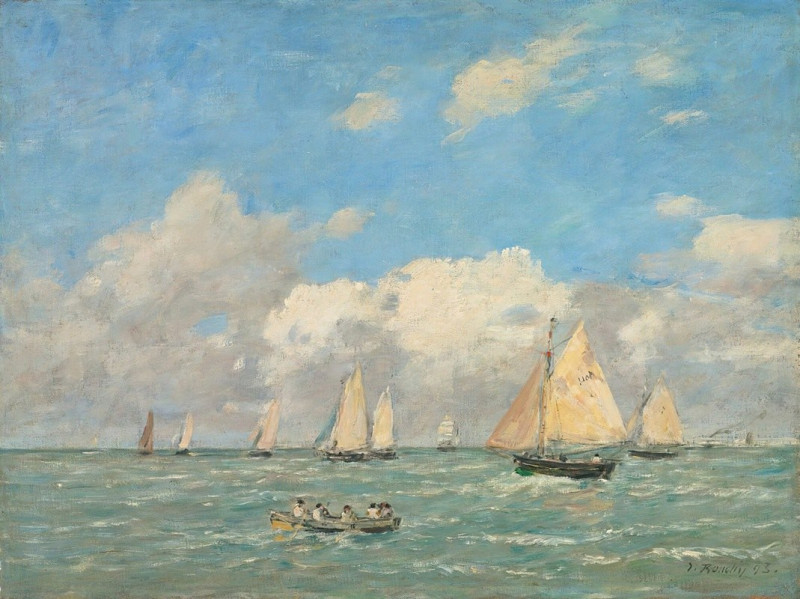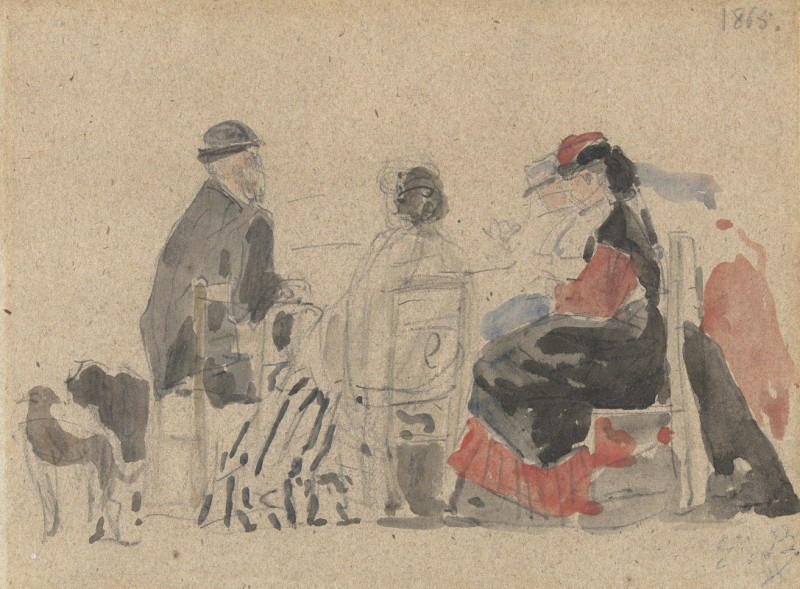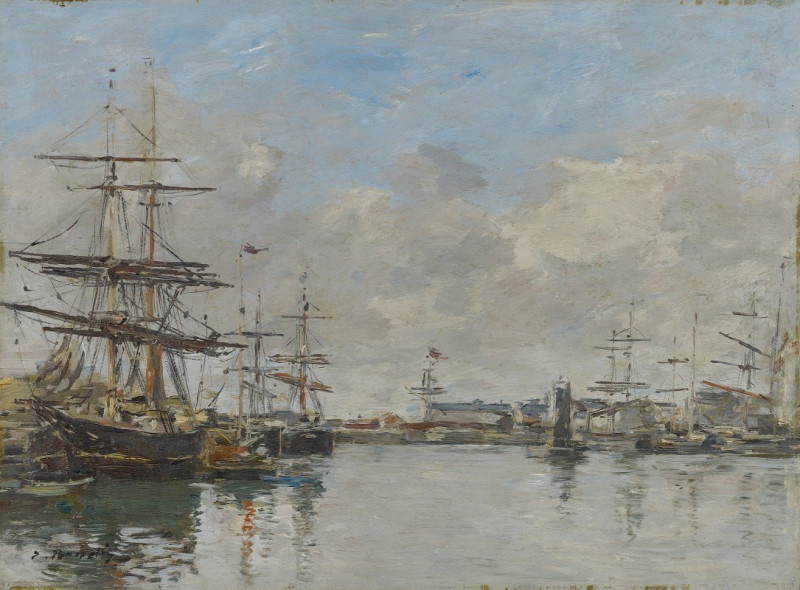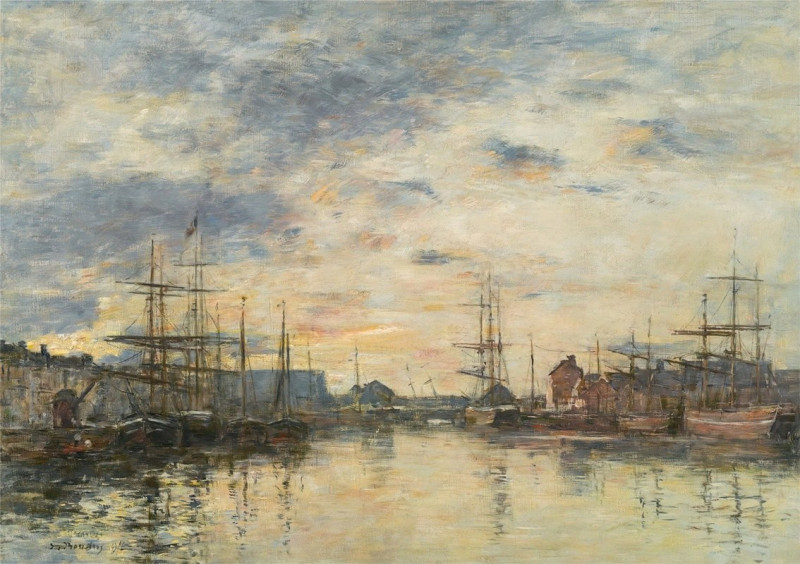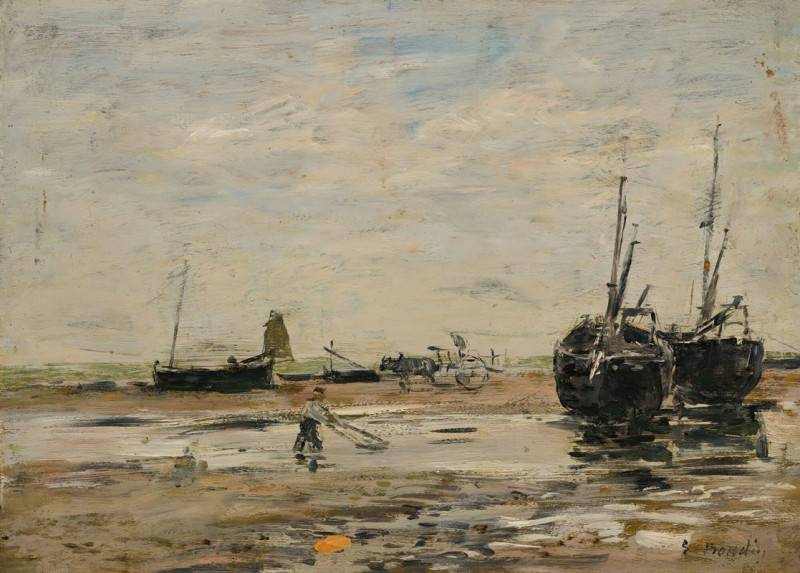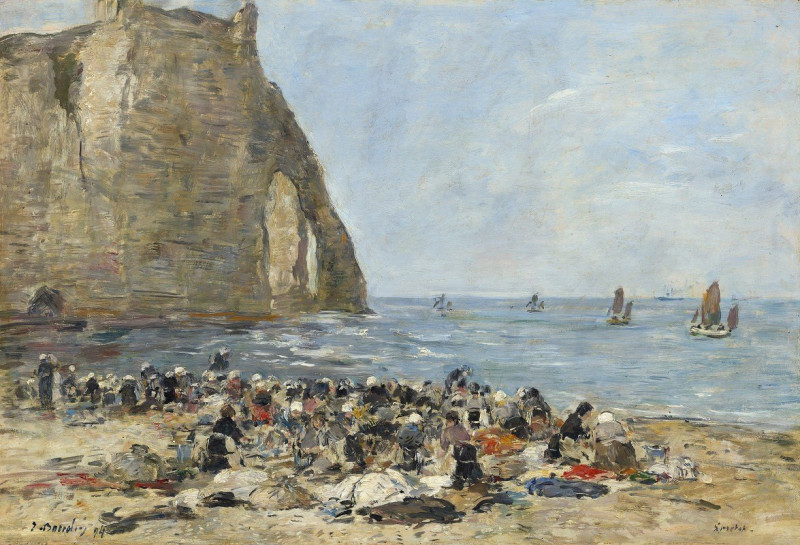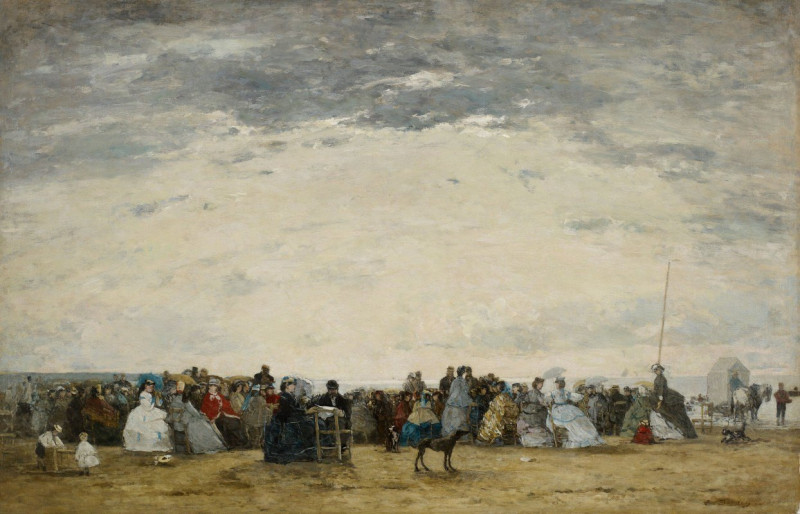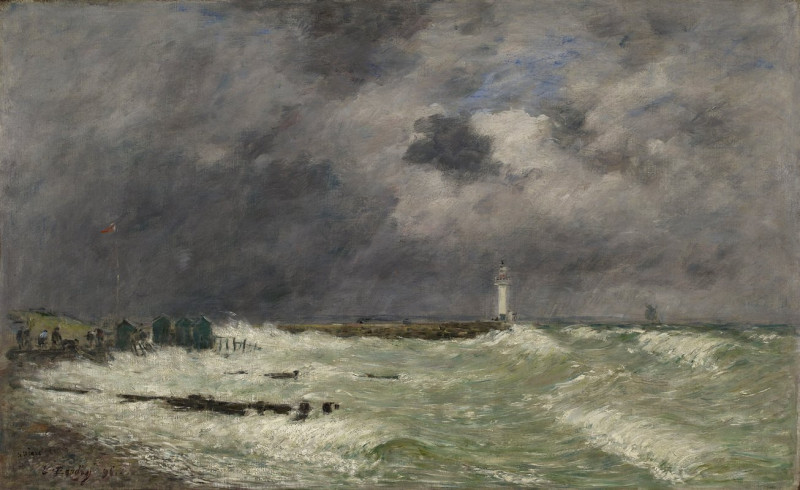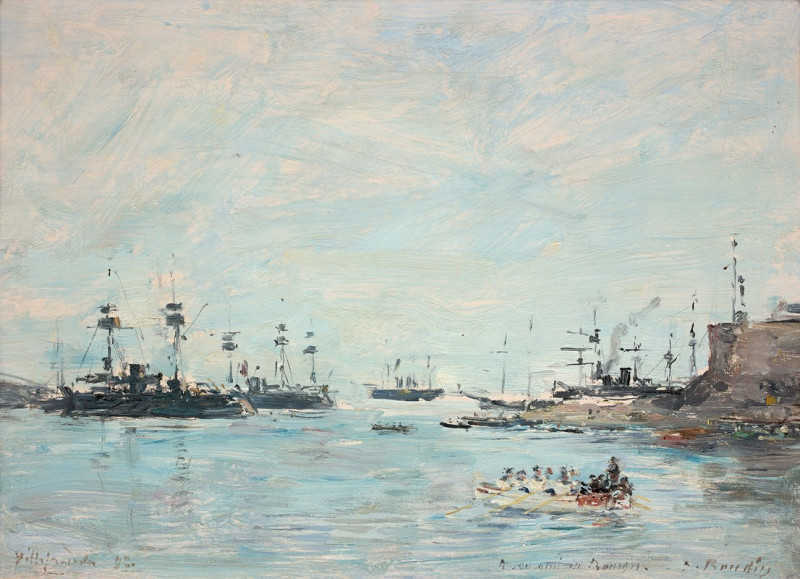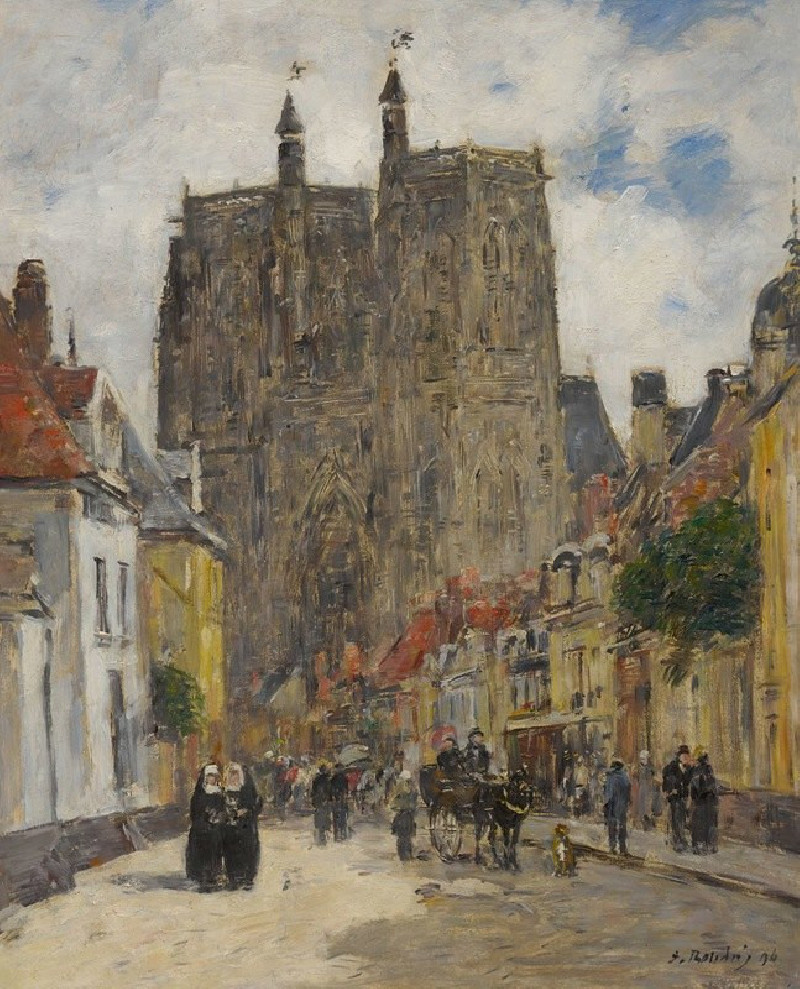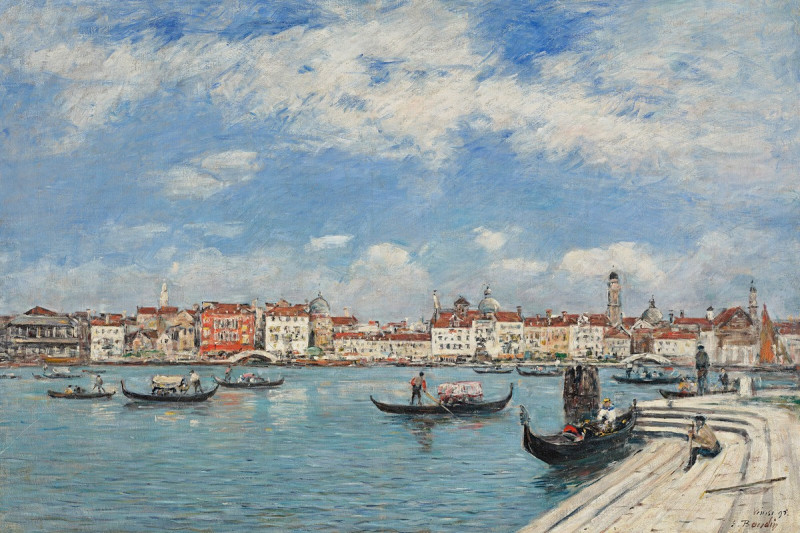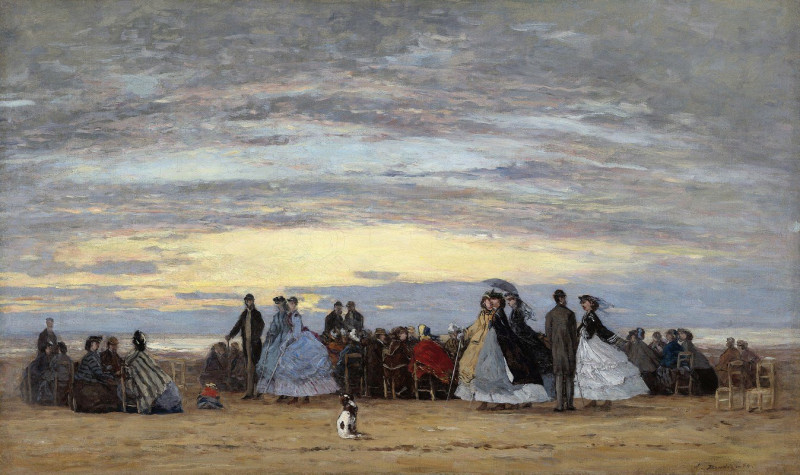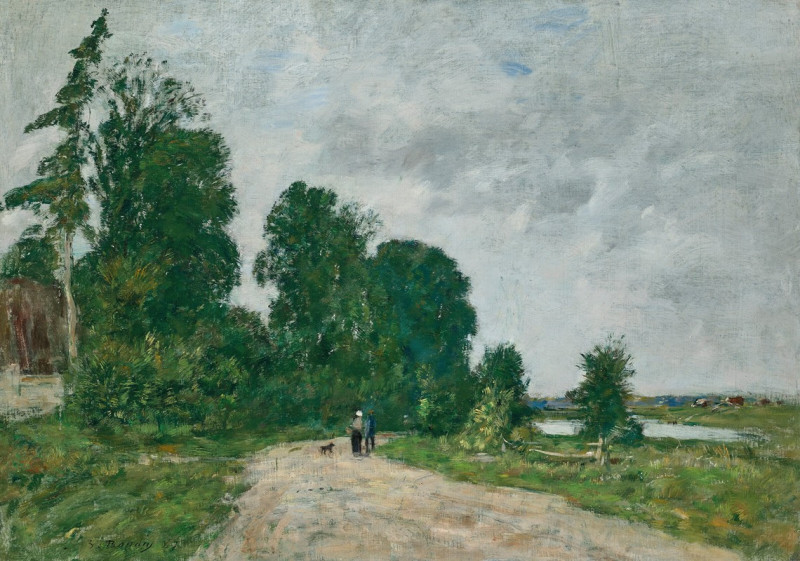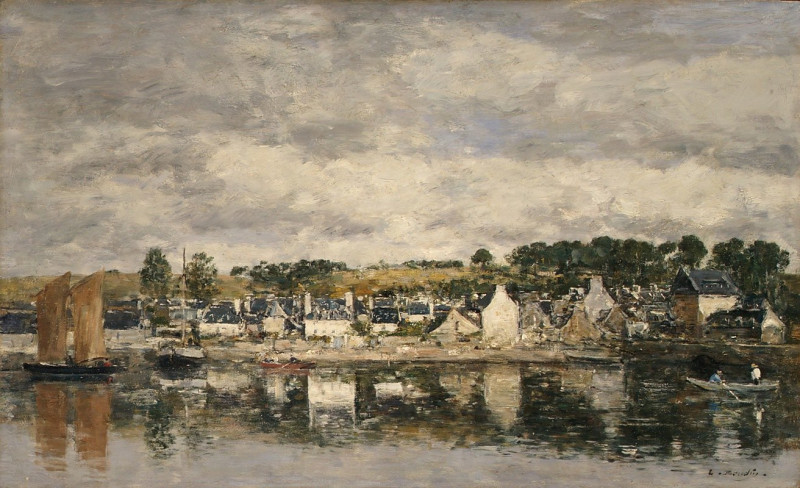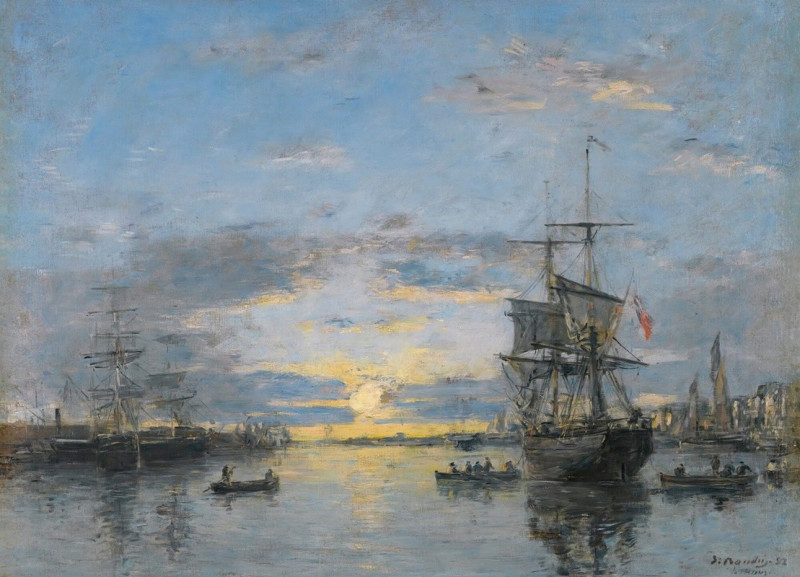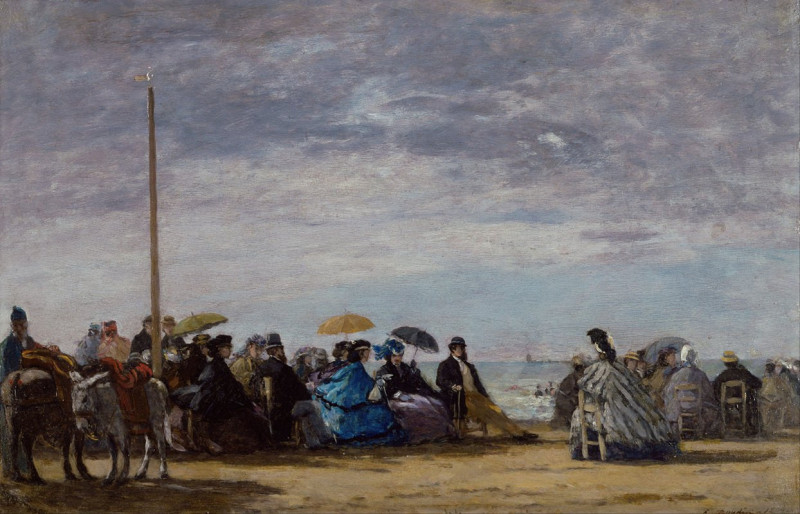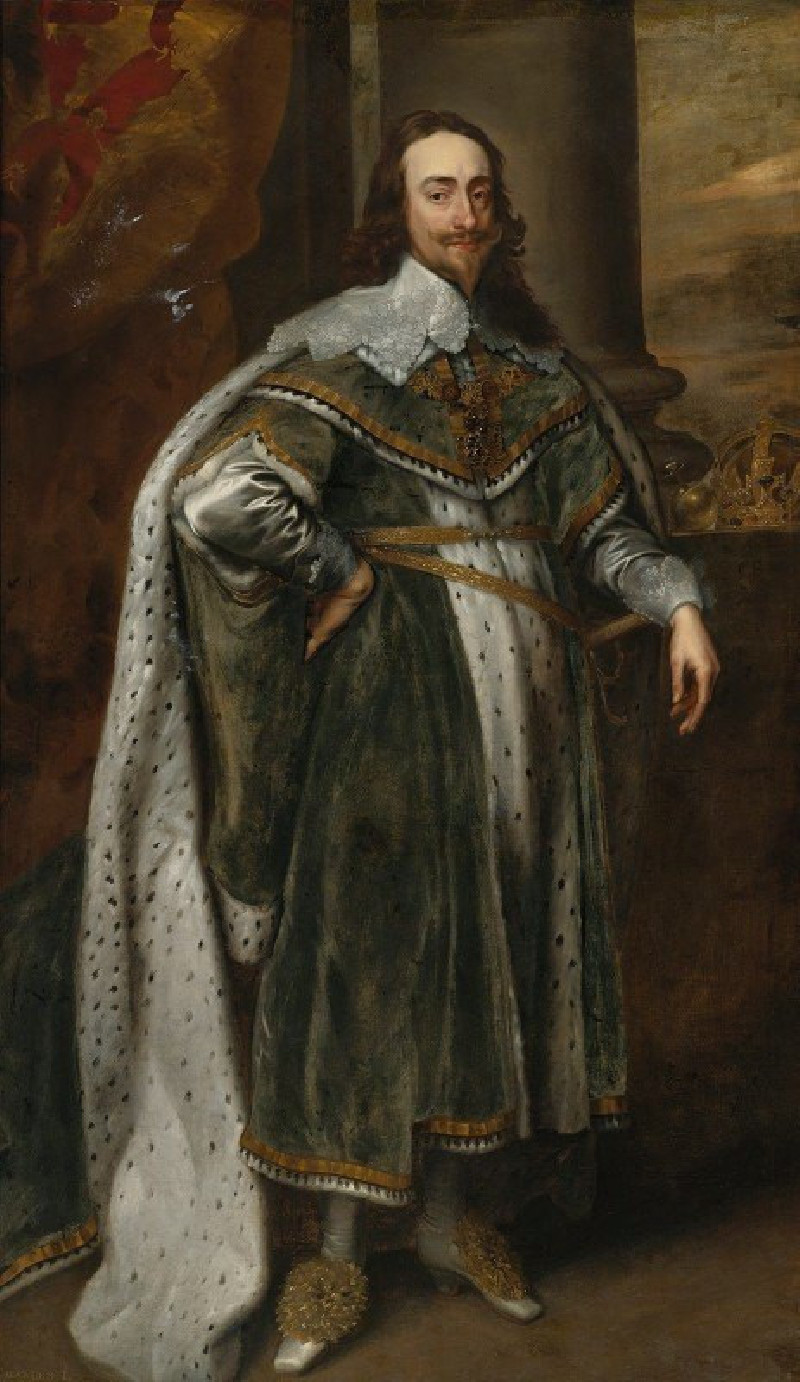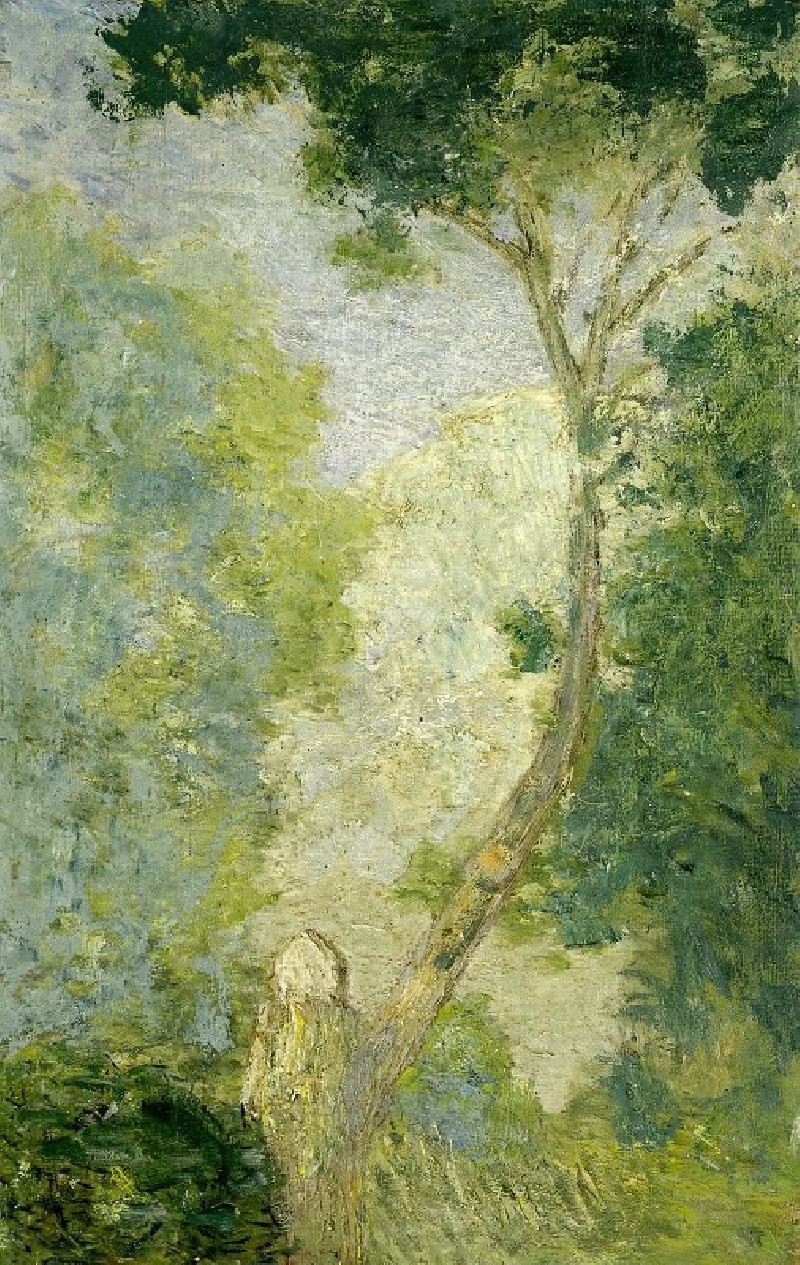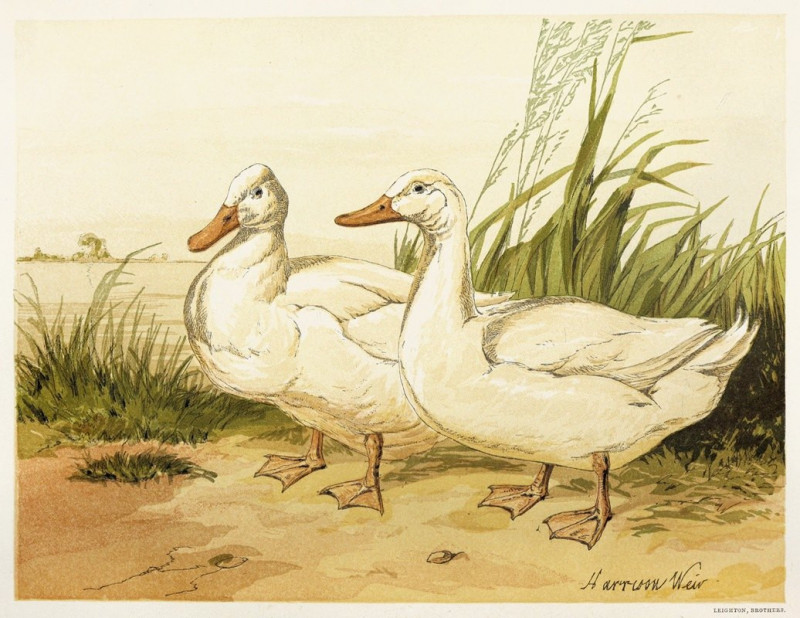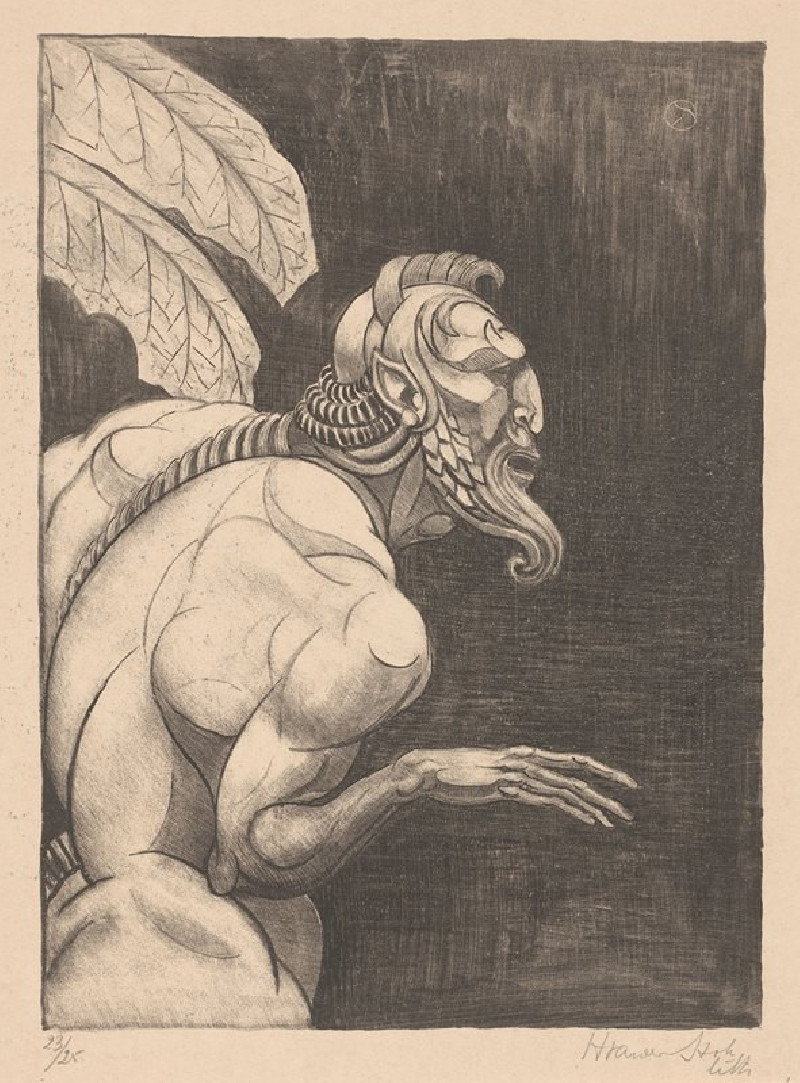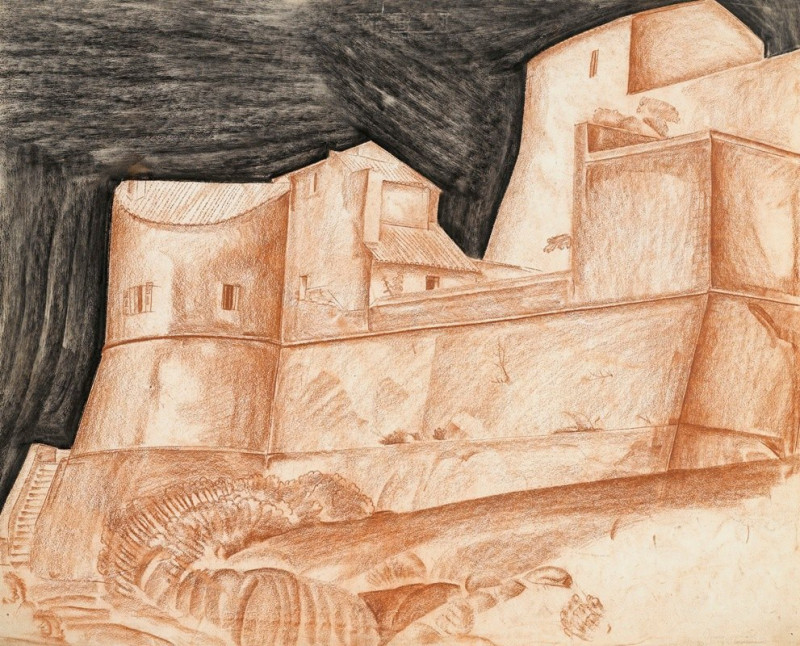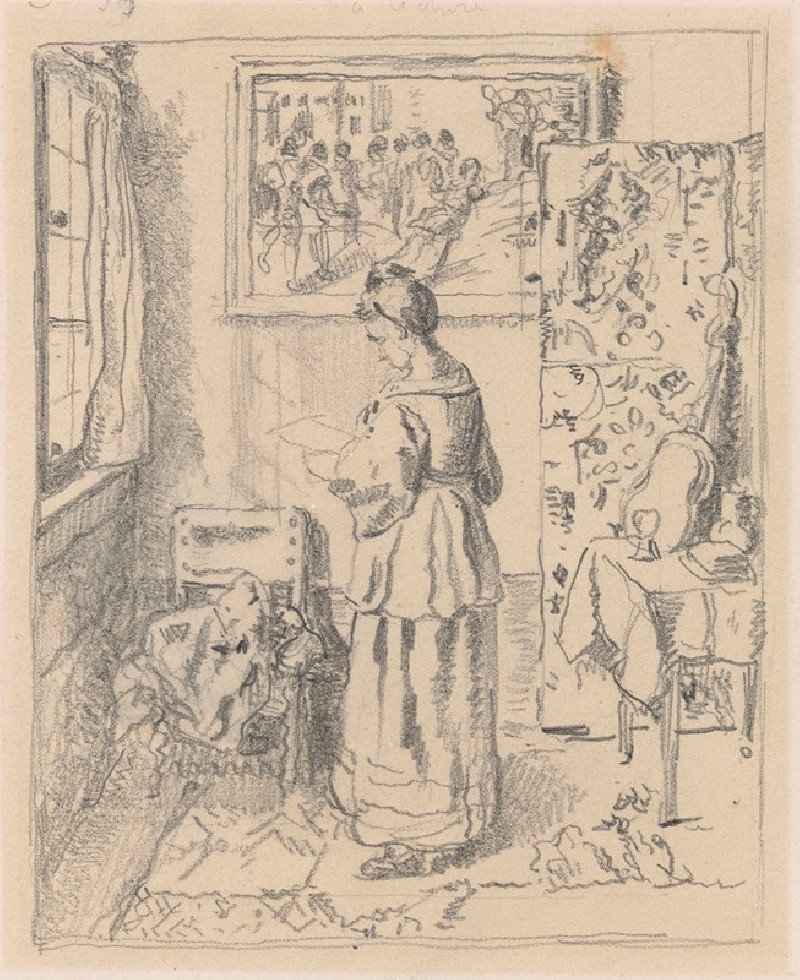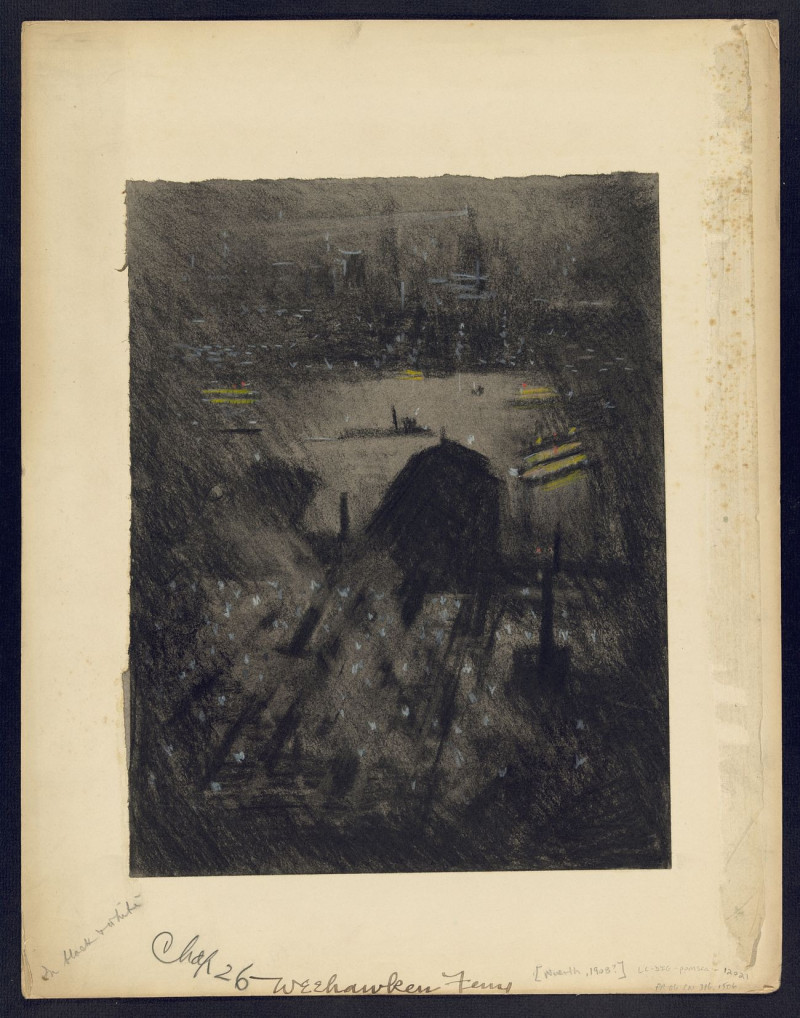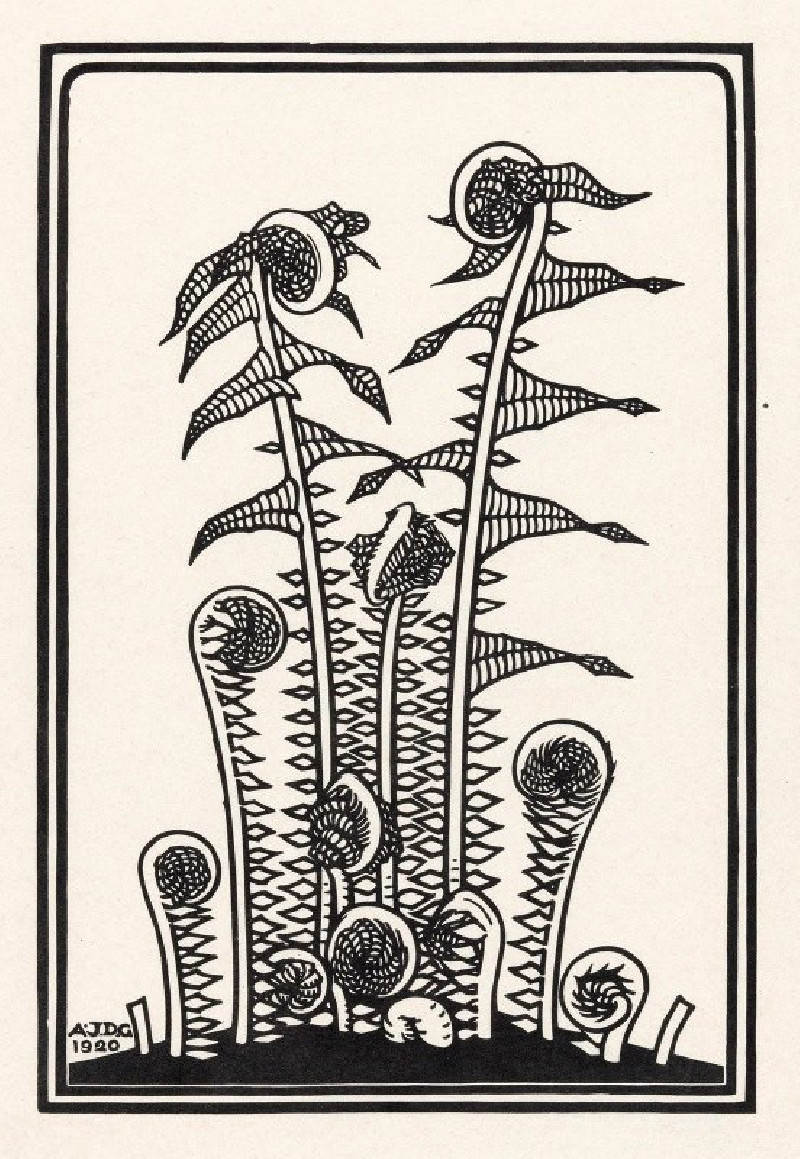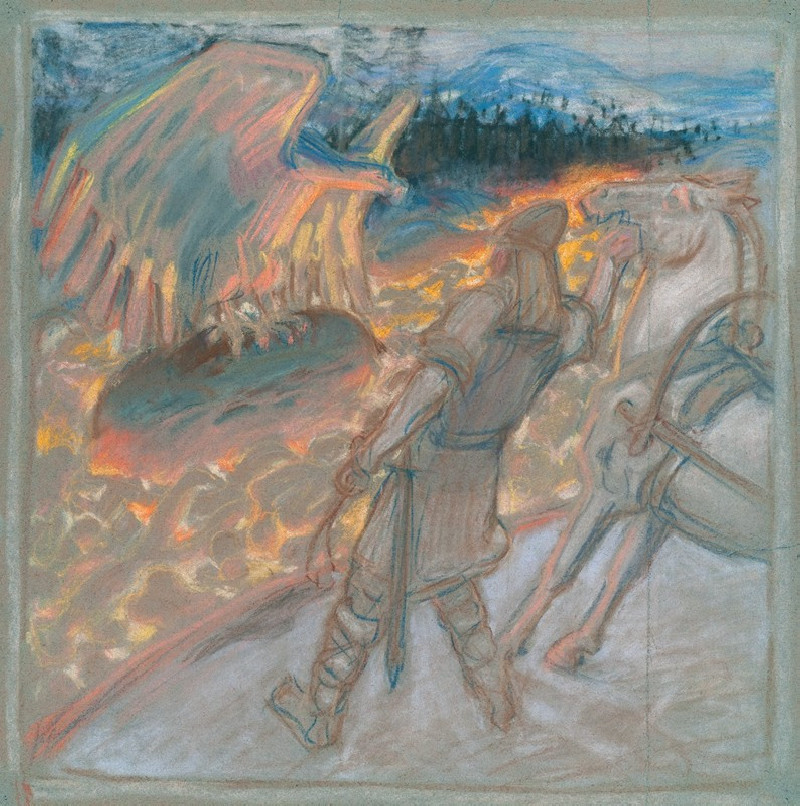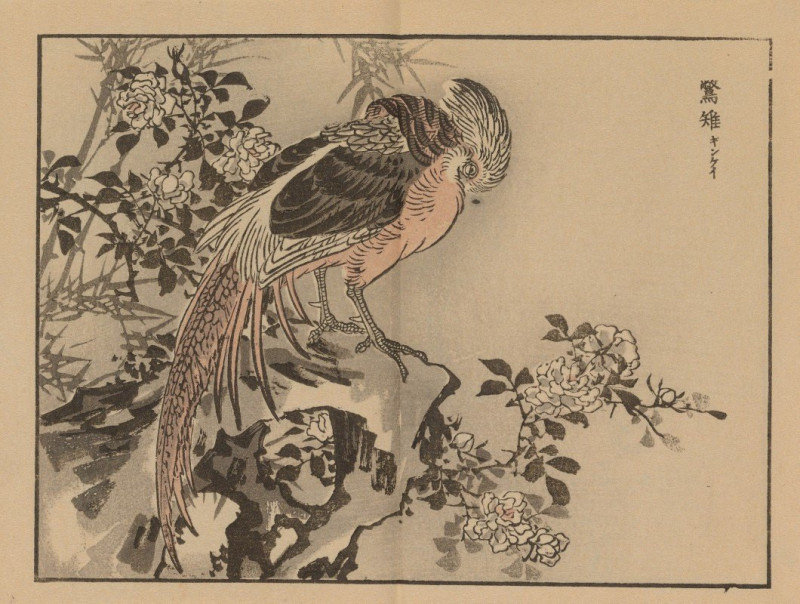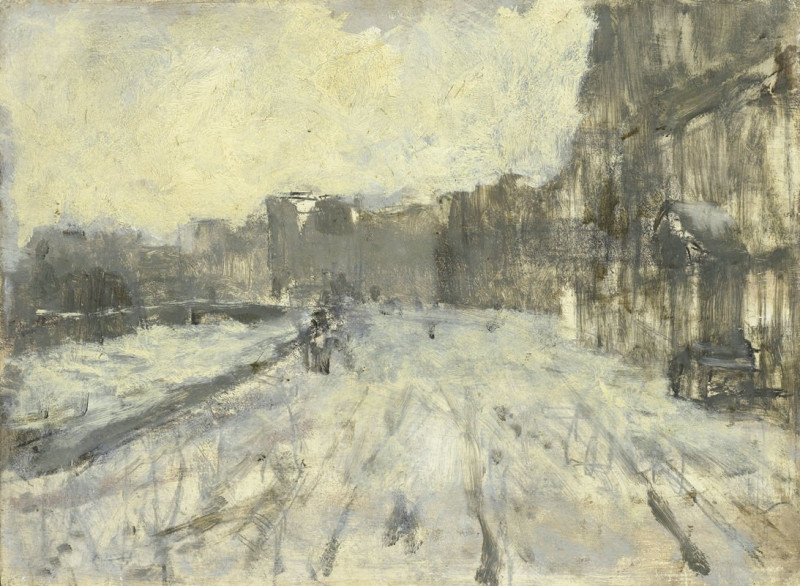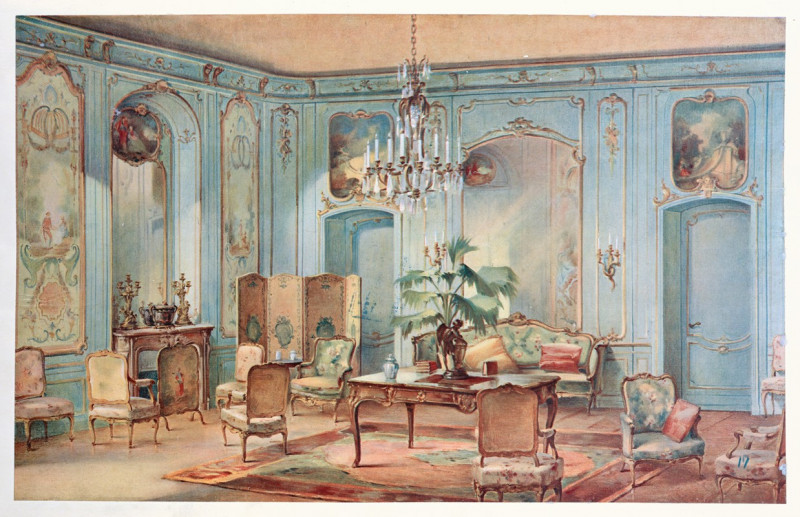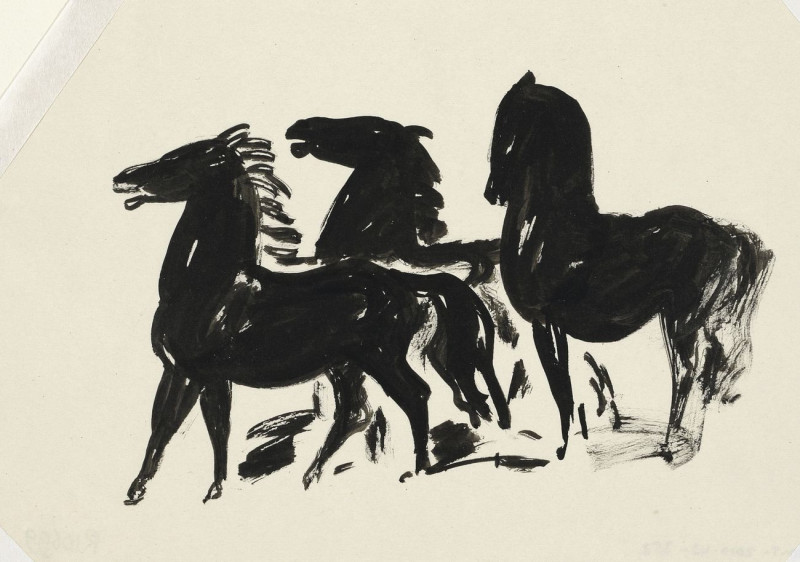The Trawlers (1885)
Technique: Giclée quality print
Recommended by our customers
More about this artwork
Dive into the heart of maritime life with Eugène Boudin's captivating painting "The Trawlers." This 1885 masterpiece showcases Boudin's delicate and yet vibrant brushwork, a hallmark of his style that beautifully captures the nuances of light and atmosphere.The painting draws us into a bustling harbor scene, brimming with the energy of seaside life. Dominating the foreground are several tall ships, their masts stretching bravely into the sky. Boudin's skillful use of perspective highlights the grandeur of these vessels, each detailed with ropes and sails that underscore their readiness for the sea.Incorporated into this maritime tapestry are figures—likely sailors and dock workers—interspersed throughout the composition, depicted in mid-motion which adds a sense of daily hustle and vitality typical of a working dock. The backdrop features more ships alongside the industrial elements of chimneys emitting smoke, suggesting the integration of human activity and industrial progress.What sets this painting apart is Boudin's exceptional ability to translate the ephemeral qualities of light on canvas. The atmospheric effect achieved through his loose, expressive strokes and the muted yet rich palette evokes a sense of immediacy, placing the viewer right at the heart of the scene."The Trawlers" is more than just a visual record; it's an immersion into the maritime culture of the 19th century, inviting us to appreciate the timeless dance between man, machinery, and nature. This artwork is an eloquent testament to Boudin's reputation as one of the forerunners of impressionism, heralding the shifts that would soon transform the art world.
Delivery
Returns
Eugène Louis Boudin (12 July 1824 – 8 August 1898) was one of the first French landscape painters to paint outdoors. Boudin was a marine painter, and expert in the rendering of all that goes upon the sea and along its shores. His pastels, summary and economic, garnered the splendid eulogy of Baudelaire; and Corot called him the "King of the skies".


